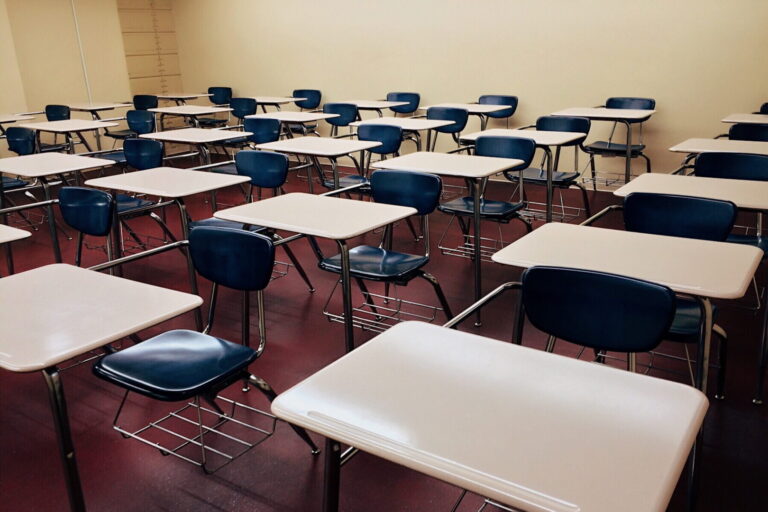This article examines the Ontario education system’s use of surface level practices intended to counter racism but that often fall short of creating authentic and sustainable change. Many schools across the province have focused their efforts on celebrating identity awareness days, weeks, and months, yet these initiatives largely reveal an apparent disconnect in understanding of the significant impact of white supremacy that is deeply embedded within the educational structural system. Stories from students, families, and community members reveal ongoing, often unintentional, acts of harm or violence against Indigenous, Black, racialized, and marginalized students, demonstrating a deep-seated failure to address systemic racism. The article explores the presence of harmful ideologies of white supremacy frameworks that permeate every facet of the education system, including the curriculum, communication, disciplinary actions, assessment, and institutional traditions and practices. By examining these issues, the article offers strategies for disrupting these structures, in order to dismantle white supremacy from the education system to support and empower Indigenous, Black, racialized, and marginalized students. By providing these practical examples rooted in a transnational solidarity lens, the article aims to empower educators to disrupt and dismantle white supremacy in the classroom and promote meaningful and long-lasting change.
Articles by Aida Al-Thayabeh
Aida Al-Thayabeh is an Afro-Palestinian Muslim educator in Ontario in the elementary division and a PhD Candidate in the Department of Social Justice Education at the Ontario Institute for Studies in Education, University of Toronto. Her research explores the complexities of the Afro-Palestinian question, with a focus on anti-Blackness and colorism. With a background in community advocacy, she has dedicated herself to passionately supporting and advocating for racialized and marginalized students. Her commitment to cross-racial solidarity extends across the Black, Muslim, and global Indigenous communities. Aida has participated in and led numerous lectures, conferences, and workshops addressing anti-Palestinian racism (APR) and fostering cross-racial solidarity. She served as a research assistant in the development of an APR teacher’s guide for Ontario schools. Her academic work also addresses the intersections of anti-Black and anti-Muslim racism in educational contexts. She is currently working on creating an Additional Qualification (AQ) course for educators focussed on addressing anti-Black racism in education. She is the author of a book chapter, “The Power of Oral Culture in Education,” which highlights the significance of cultural knowledge and storytelling in transformative pedagogy.
